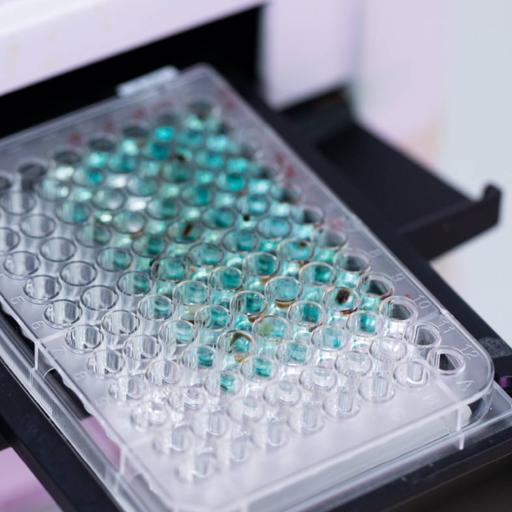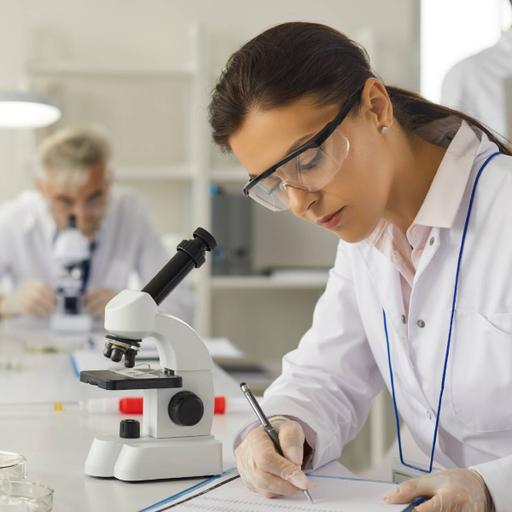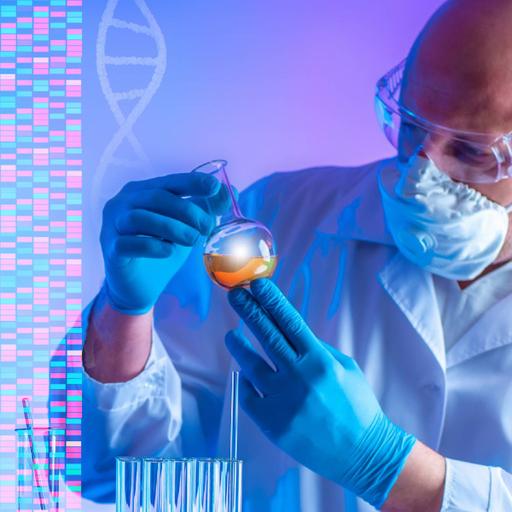Clinical Biochemistry
Clinical biochemistry is a branch of laboratory medicine that studies the chemical composition of blood, urine, and other bodily fluids. These test results are helpful in diagnosing health issues, determining prognosis, and directing a patient's therapy. It's a fascinating subject that combines superior theoretical knowledge with practical abilities to aid with everything from endocrine abnormalities to prenatal difficulties, diagnosis and treatment. Most clinical biochemistry laboratories use big, fully automated analyzers to perform two types of diagnostic testing: clinical chemistry and immunoassays. Patient sample tubes – commonly whole blood or serum, but also sputum, urine, or faeces – are manually loaded or mechanically fed into these machines, which provide end-to-end processing and analysis without further user input. Clinical biochemistry accounts for a significant fraction of all pathology tests done in hospitals to aid in patient diagnosis and management. Depending on the patient's clinical presentation and history, a large variety of distinct biomarkers are frequently examined.





